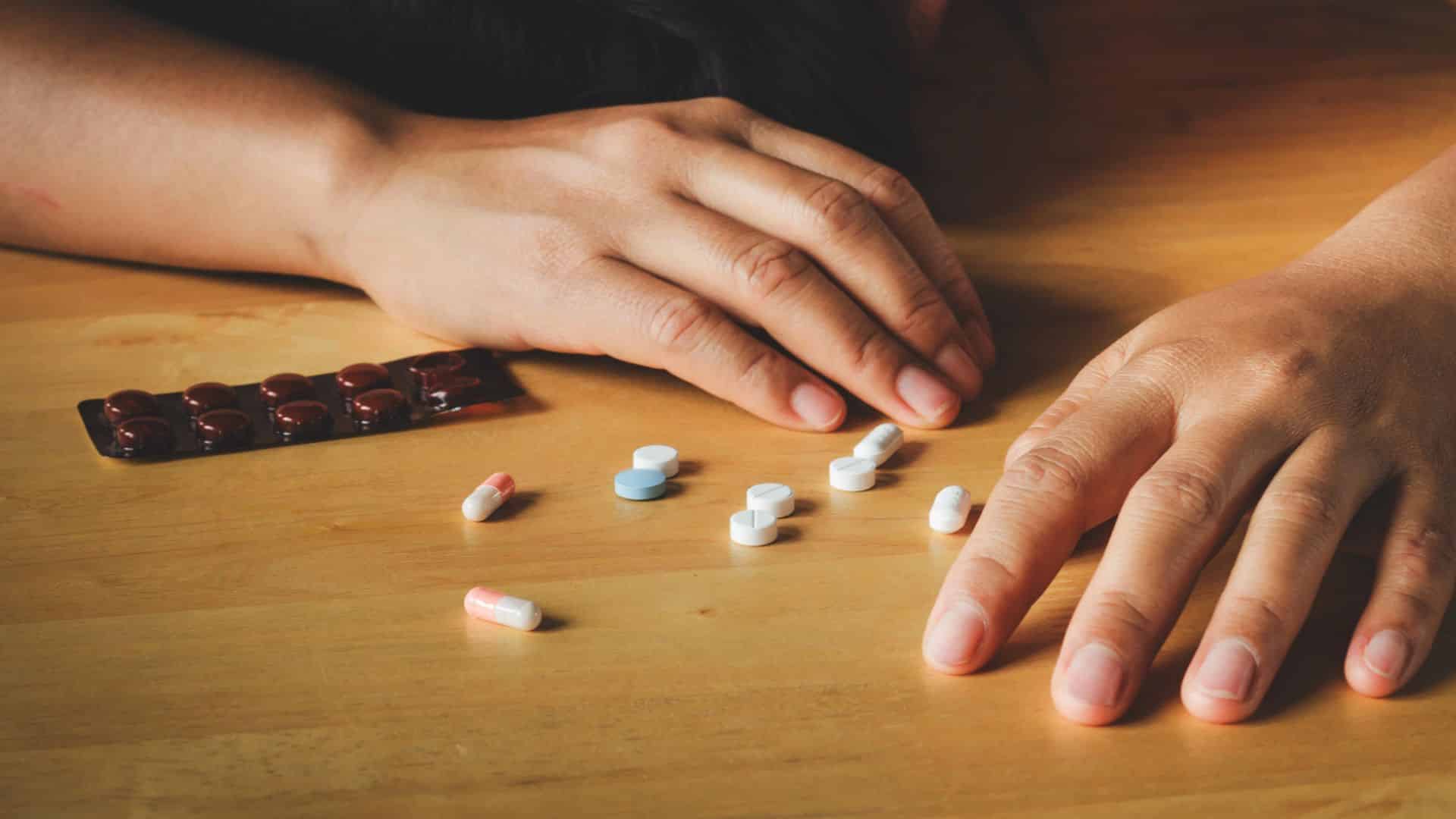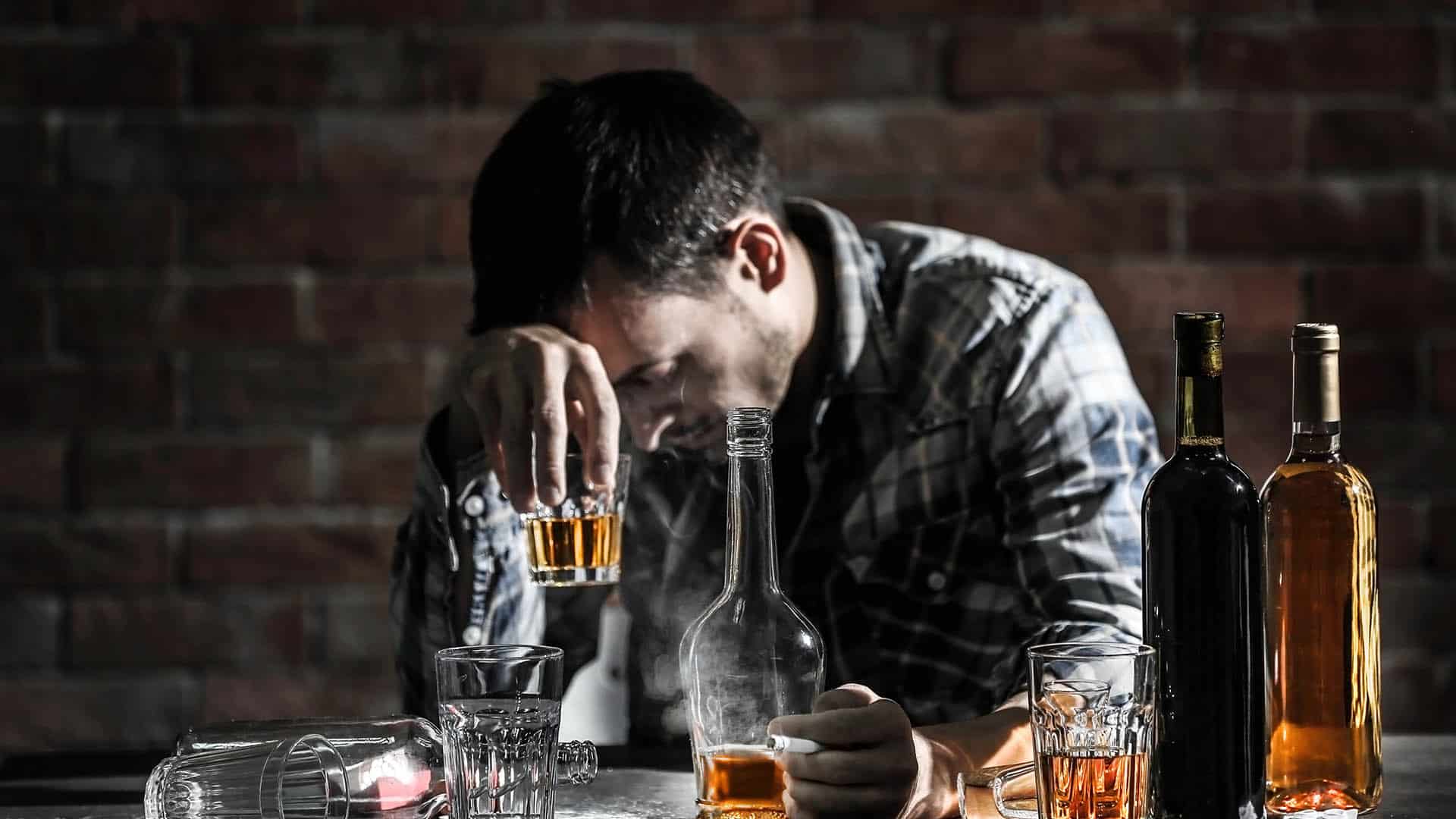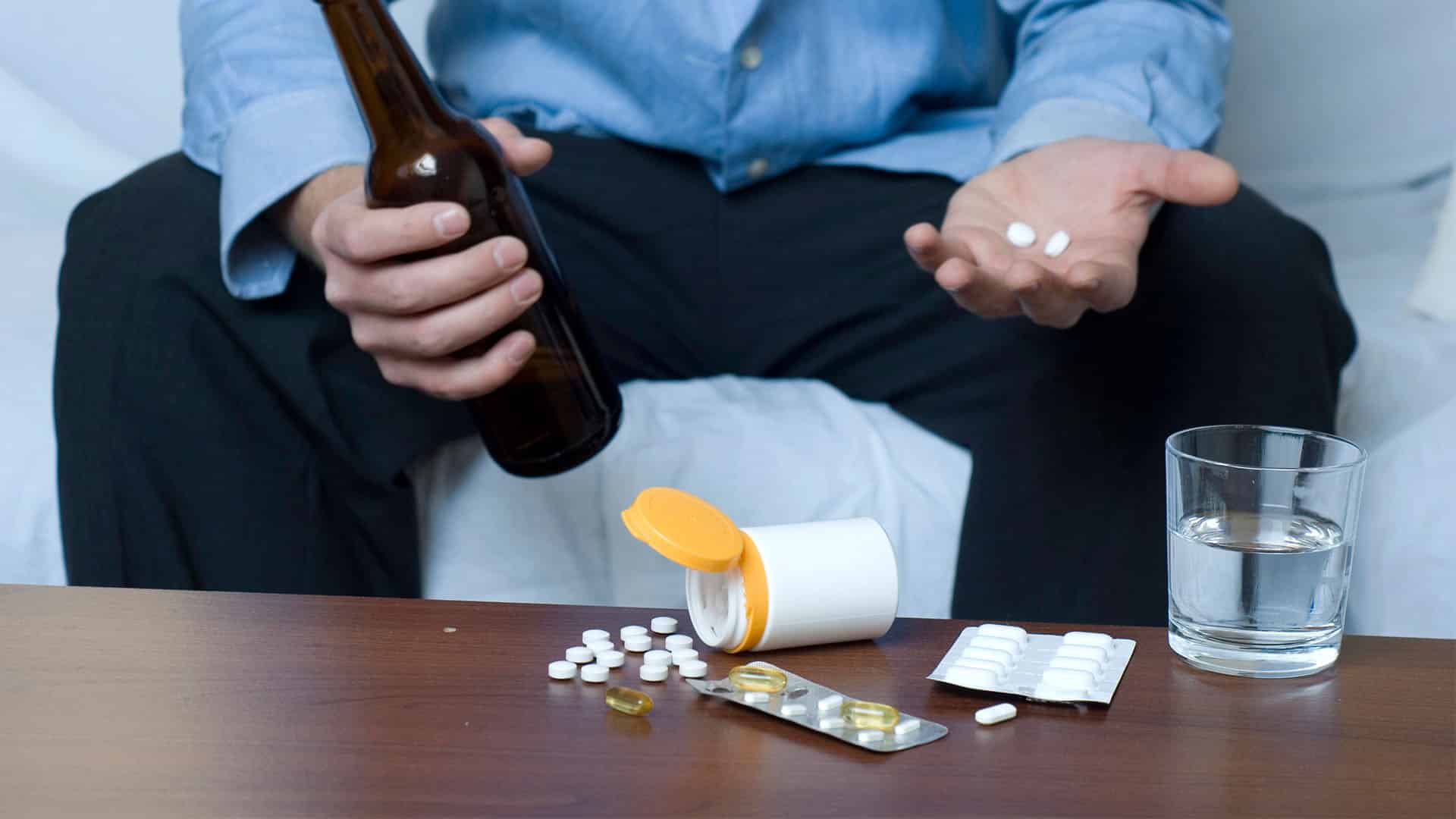Rehab for Athletes
Athletes often encounter intense pressures that can contribute to substance misuse. Research shows that about 33% of doctors have treated individuals using drugs to boost athletic performance. Despite the serious, sometimes life-threatening risks, this challenge remains prevalent in the sports world.
That’s why specialized athlete rehab programs are so important. Unlike traditional treatment approaches, these programs are designed to meet the unique needs of athletes, combining physical recovery with mental health support. The goal is not only to help athletes maintain long-term sobriety but also to regain their peak performance both on and off the field.





